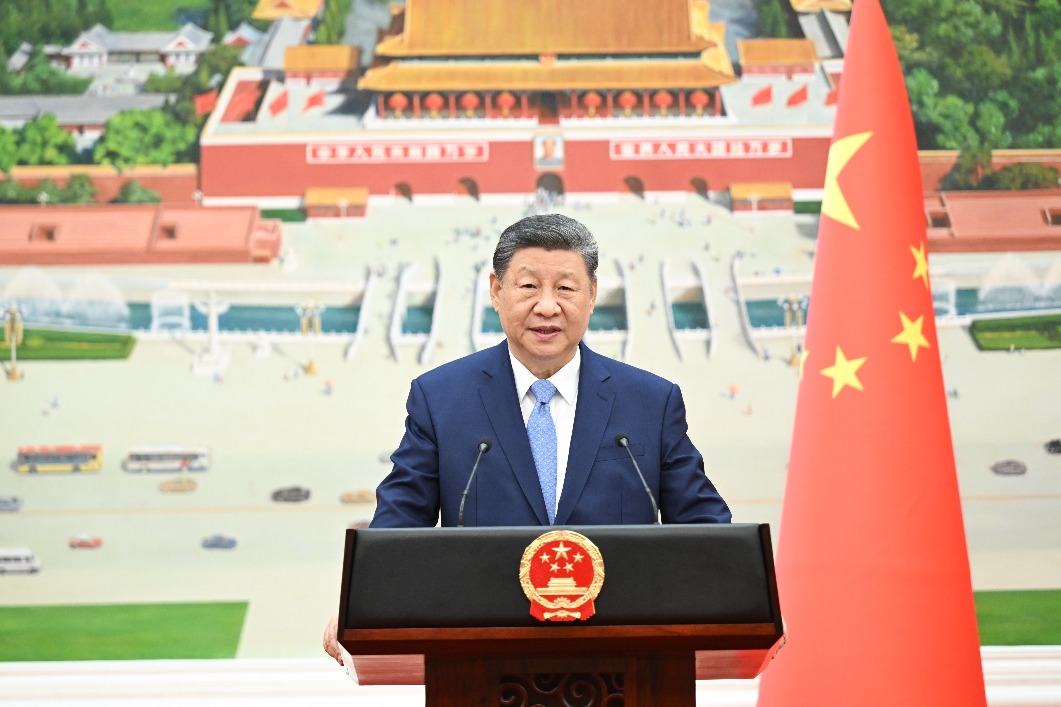When and how NPC holds annual session

The National People's Congress — China's top legislative body and highest organ of state power — generally holds its annual session in Beijing in early March.
The NPC is composed of deputies elected from multiple electoral units, with each congress serving a five-year term. Nearly 3,000 deputies, including workers, farmers and government officials, attend the annual session to review key reports delivered by major authorities, including the central government and top judicial bodies, on crucial socioeconomic issues.
Deputies also participate in drafting or amending laws that affect people's interests and national development.
In general, a draft law is reviewed three times by the NPC Standing Committee, the body that exercises legislative power when the full congress is not in session, before it becomes law. However, if a draft law or revision is deemed vital to the fundamental interests of the people and the country, it must be submitted to the full session of the NPC for review.
The NPC also has exclusive power to amend the Constitution, as it did in 2018 when it reviewed and passed constitutional amendments.
Additionally, the NPC is responsible for electing, appointing and removing members of central State organs. It also determines major State matters, such as national socioeconomic development plans and central and local budgets.
Beyond their responsibilities at the annual session, the NPC deputies are expected to maintain close ties with the public, gathering insights on socioeconomic challenges. They submit reports in the form of suggestions or motions to address pressing issues and contribute to policy discussions.






























